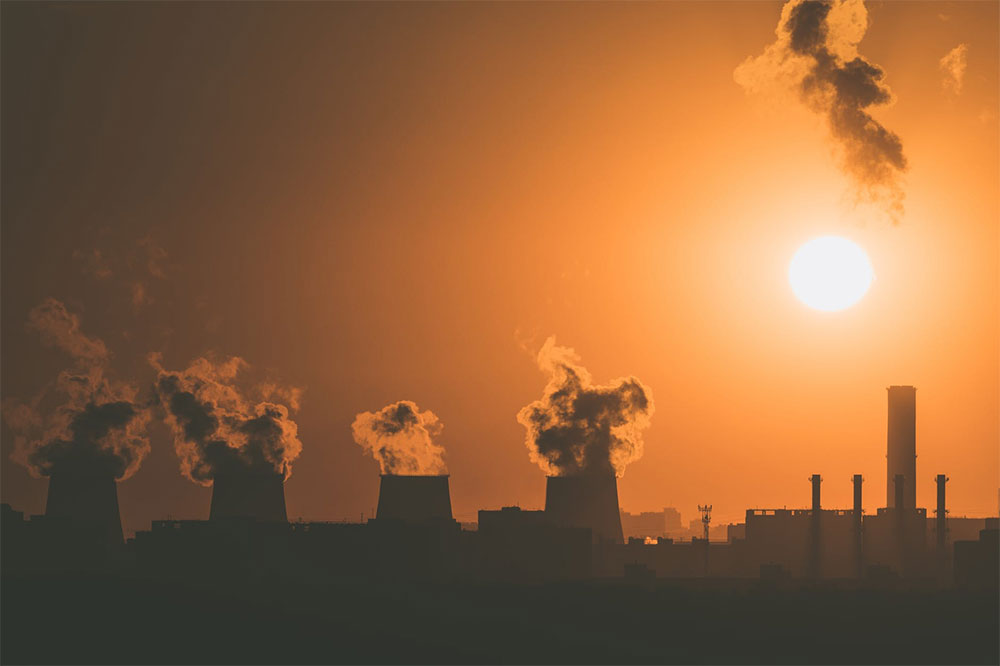 Modern digital technology is personified by the likes of smart hubs, phones and quality-of-life devices. Up to 20% of Indians now enjoy a smart home, according to Forbes India, showing just how ready the country is for new innovations in technology to better day-to-day living. While flashy speakers and devices are a first-hand way to display how far technology has come, advanced technology is doing a lot more in the background to make lives easier, starting with the one thing all humans need – breathable air.
Modern digital technology is personified by the likes of smart hubs, phones and quality-of-life devices. Up to 20% of Indians now enjoy a smart home, according to Forbes India, showing just how ready the country is for new innovations in technology to better day-to-day living. While flashy speakers and devices are a first-hand way to display how far technology has come, advanced technology is doing a lot more in the background to make lives easier, starting with the one thing all humans need – breathable air.
Managing the heat
India is a country that experiences scorching temperatures, and so its little wonder that the country is expected to have one billion AC units by 2050, according to the Straits Times. There are just 30 million currently. It’s important to meet this demand while also finding efficiency, and so many AC units now have a SEER rating which provides a measure of their efficiency.
To assist further with this, smart tech is already managing temperature; devices like Nest have gained fame for their ease of use, and similar tools for air conditioning are now widespread. Taking it one step further, Electronics Weekly recently reported that a company had established a way to automatically control air using existing energy networks, truly automating heat control. With temperatures set to increase to further inhospitable levels due to climate change, having such technology in place will be crucial to maintaining a liveable urban area.
Reducing air pollutants
Air pollution is part and parcel of every major urban centre. India is no stranger to this; according to WHO databases, 14 of the most polluted cities are in India, including the top 8. Like heat management, creating truly breathable air has to be a focus for urban planners. Smart technology is providing solutions, and for low cost and energy input.
Most notable are smart-controlled nano-scale filters. An article by NanoWerk outlines how these can be used to cover windows and will ‘wash’ particulates by attracting them from the air. Alongside large-scale air conditioning and filter systems, this is a promising development for developing truly clean air. However, cleaning already dirty air is one thing; steps need to be taken to not newly pollute the air.
Improving civil infrastructure
Filtering air is only one step towards making a more liveable environment; if pollutants are left to be picked up on in the future, hard work will be removed. Solid waste incineration and landfill creates gases that degrade air quality, and so tackling dirty streets is crucial to maintaining urban air quality. Smart tech is helping to guarantee timely waste disposal.
A test run in LA, USA, found that using big data to plan cleaning reduced the amount of ‘dirty’ streets by up to 84%. LA is a huge and densely packed city and this data could be applied to Indian cities; Bengaluru could be a good candidate due to the existing IT scene. What this all shows is that there are solutions for problems that seem too big to tackle, like the waste problem, and that the solution can be as simple as using smart data.
Smart technology continues to transform day to day lives in an obvious fashion. Behind the scenes, it’s providing many more ways that people can have a better quality of life and enjoy their home and city environment. Even more encouraging is the fact that innovation does not stop, and you will be able to expect even more transformative changes in the future.






